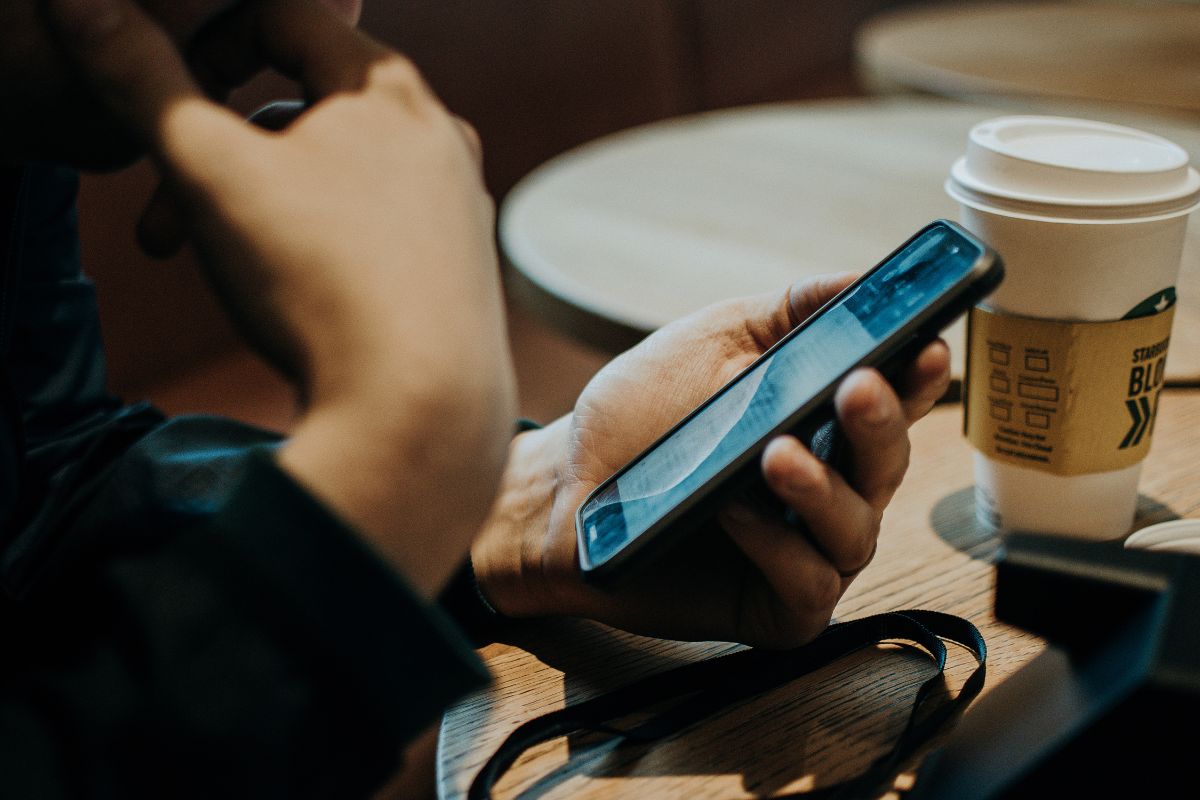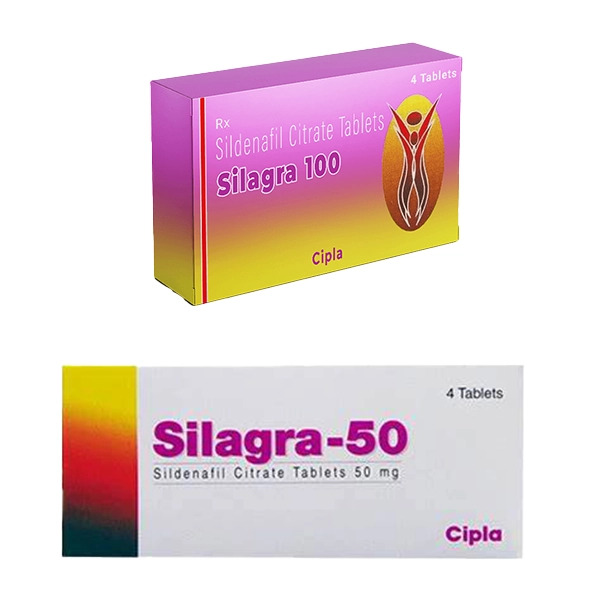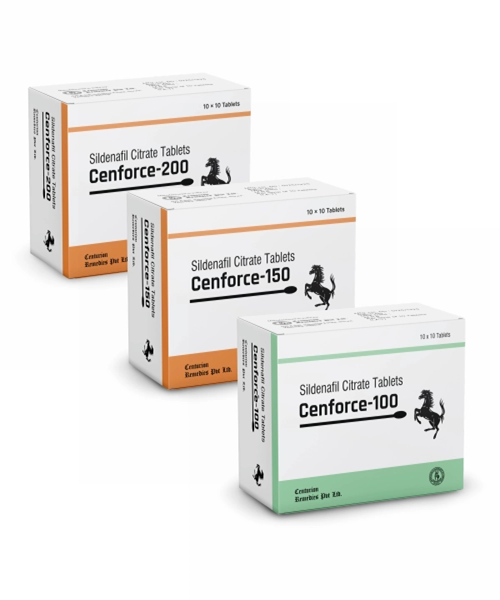
Cost and Time Estimates for Developing a Healthcare Mobile App
- Steve Waugh
- Health
- 2025-11-13 10:37:30
- 2212K
Cost and Time Estimates for Developing a Healthcare Mobile App
The need for premium mobile solutions is greater than ever in the quickly changing world of digital health today. It's critical to comprehend time and cost estimates and the main factors influencing them if you intend to use a healthcare mobile app development company to create a healthcare solution.
1. Why Costs and Timelines Vary Widely
When you engage a healthcare mobile app development company, you’ll quickly realise that two projects can look similar yet differ drastically in budget and schedule. The major variables include:
- Feature complexity: A simple medication-reminder app costs far less than a full telemedicine platform with video-calls, EHR/EMR integration, AI diagnostics, wearable/IoT tracking, etc.
- Platform choice: Are you launching on iOS only, Android only, or both? Native vs cross-platform also plays a role.
- Regulatory & security requirements: In healthcare applications, compliance with standards like HIPAA, GDPR, data encryption, audit trails, medical-device integrations add cost and time.
- Integrations and backend complexity: Linking to EHR/EMR systems, payment gateways, third-party APIs, cloud services, wearables extends both time and budget.
- Team location and hourly rates: A healthcare mobile app development firm based in the US will charge much more than one in India or Eastern Europe, even for similar functionality.
Understanding these variables upfront will help you work with your chosen healthcare mobile app development company to set realistic expectations.
2. Typical Cost Estimates
What can you expect to pay? While every project is unique, we can look at typical ranges to frame your budget.
Global estimates
- Many sources estimate that building a healthcare app in 2025 costs in the ballpark of USD $50,000 to $500,000+, depending on complexity.
- For simpler apps (basic functionality, minimal integrations): figures like $12,000 to $20,000 have been cited.
- Medium complexity: $60,000–$250,000. Highly complex enterprise-grade apps: $250,000–$500,000+.
India / Offshored development context
If you consider India or similarly priced markets for your healthcare mobile app development:
- Basic app: ₹4–6 lakhs (USD ~$4,800–7,200) for 2–3 months.
- Medium complexity: ₹6–12 lakhs ($7,200–14,400) for 3–5 months.
- Advanced: ₹12–25 lakhs+ ($14,400–30,000+) for 5–9 months+.
These lower-end figures reflect simpler scope, minimal integrations and leaner compliance burden—but still, in healthcare you must budget for regulatory/security costs.
3. Timeline Estimates
Understanding the timeline for your app’s development is as important as understanding cost. Below is a broad framework of how time is often allocated:
- Discovery & Requirements: 1–3 weeks
- UI/UX Design: 3–5 weeks (or more for custom, sophisticated UX).
- Development & Integration: depending on complexity, this is the bulk of time—typically 8–12 weeks for moderate scope, up to 24-plus weeks for advanced features.
- Testing & QA: 2–4 weeks (or more for apps with complex integrations & security requirements)
- Deployment & Launch: 1–2 weeks (though some aspects like regulatory approvals may add time)
- Maintenance & Updates: Ongoing. You should plan for a multi-year horizon.
Putting it together: many moderate healthcare apps might take roughly 3–6 months from concept to launch; high complexity apps 6–12 + months are not uncommon.
4. Breakdown: What Drives Cost & Time
Let’s dive deeper into specific cost/time drivers so you can prioritise what matters in your engagement with a healthcare mobile app development company.
- Core vs premium features
- Core (MVP) like user profiles, scheduling, reminders, basic analytics — lower cost/time.
- Premium: video consultations, full EHR/EMR integration, wearables/IoT, AI diagnostics, blockchain — these push both budget and timeline significantly.
- Platform and tech stack
- Native (iOS + Android) takes more time and cost than single-platform or cross-platform.
- Cross-platform frameworks (e.g., React Native, Flutter) can reduce time and cost—but may have trade-offs, especially in high-security healthcare apps.
- Design / UI-UX & Usability
- Especially in healthcare mobile apps, design must be intuitive, accessible for various age groups, usable under stress, etc. Higher design cost means better UX and likely better adoption.
- Especially in healthcare mobile apps, design must be intuitive, accessible for various age groups, usable under stress, etc. Higher design cost means better UX and likely better adoption.
- Backend, integrations & third-party systems
- Integrating with EHR/EMR (FHIR/HL7), payment gateways, telemedicine video SDKs, wearable APIs add cost/time.
- Hosting, cloud infrastructure, data sync and performance also add.
- Security, compliance & regulatory
- In healthcare, protecting patient data isn’t optional. Compliance with HIPAA, GDPR, region-specific regulations, audits, encryption—all increase cost/time.
- In healthcare, protecting patient data isn’t optional. Compliance with HIPAA, GDPR, region-specific regulations, audits, encryption—all increase cost/time.
- Team location, experience and size
- As noted above, hourly rates vary widely. Also, a more experienced team might cost more upfront but save time and reduce risk.
- As noted above, hourly rates vary widely. Also, a more experienced team might cost more upfront but save time and reduce risk.
- Maintenance & Scalability
5. Sample Budget & Timeline Scenarios
Here are two hypothetical scenarios to give you a sense of what to expect when working with a healthcare mobile app development company.
Scenario A – Basic Healthcare App (MVP stage):
- Features: user registration, appointment scheduling, reminders, basic analytics
- Platform: Android + iOS (cross-platform)
Estimated cost: ~$20,000–$50,000
Estimated time: ~3-4 months
Scenario B – Medium-Complexity Healthcare App:
- Features: patient & provider dashboards, chat/video consultations, payment integration, wearable device syncing
- Platform: Native iOS & Android
Estimated cost: ~$80,000–$150,000
Estimated time: ~6-9 months
Scenario C – Enterprise-Grade Healthcare Platform:
- Features: multi-role (patient, provider, admin), full EHR/EMR integration, IoT/wearables, AI diagnostics, global compliance
Estimated cost: $200,000–$400,000+
Estimated time: 9–12+ months
These ranges align with the data from industry sources. For example, one guide listed $40,000-$400,000+ for healthcare mobile app development depending on complexity.
6. How to Work With a Healthcare Mobile App Development Company Efficiently
To make the best use of your budget and timeline, here are actionable tips when engaging with a healthcare mobile app development company:
- Define clear scope upfront: Be realistic about which features you need for launch vs what can wait. An MVP approach helps control time and cost.
- Prioritise features: Focus on core user-value features first; leave advanced integrations or AI for future releases.
- Choose platform wisely: If budget is tight, consider launching on one platform or using cross-platform; you can expand later.
- Ensure compliance early: Address security/regulatory requirements in the discovery phase—delaying compliance work can become costly and time-consuming.
- Select the right team: Consider not only cost but healthcare domain experience. A specialised healthcare mobile app development company will understand nuances of patient data, device integrations, regulations.
- Plan for maintenance: Include post-launch support, updates, scalability in your budget.
- Fix milestones & deliverables: Set up clear sprints, review points with your development company, monitor progress closely.
- Factor localisation/region-specific needs: If you are targeting India (for example, from Gurugram, Haryana) or other regions, ensure your chosen company understands local regulations and market nuances.
- Budget for deployment & marketing: Developer cost isn’t all. You’ll need to consider app-store submissions, ASO, initial user acquisition, potentially regulatory audits.
7. Why Choose a Specialist Partner?
Working with a specialised healthcare mobile app development company rather than a generic app vendor brings distinct advantages:
- They are familiar with healthcare regulations, interoperability standards (e.g., FHIR/HL7), data privacy.
- They understand patient-centric user experience, usability and accessibility matter more in healthcare apps.
- They can anticipate hidden costs: device integrations, clinical workflows, data governance, etc.
- For example, companies like Appinventiv highlight their experience building secure, scalable healthcare app, giving you confidence in delivery.
Final Thoughts
Developing a healthcare mobile app is a meaningful investment, both financially and in time. But by partnering with the right healthcare mobile app development company, defining your scope clearly, understanding the cost/time drivers, and planning for ongoing maintenance, you’ll be well positioned to launch a successful and compliant solution.
Leave a Reply
Please login to post a comment.












0 Comments